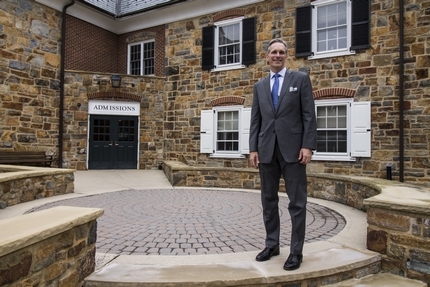This article originally appeared on LVB.com.
By Wendy Solomon

From the impact of technology to the effect of the state budget, leaders from three Lehigh Valley colleges shared their perspectives on a range of topics affecting higher education at Lehigh Valley Business' inaugural symposium Wednesday morning at the Holiday Inn Conference Center in Breinigsville.
The panelists, Ann Bieber, president of Lehigh Carbon Community College, Bryon Grigsby, president of Moravian College, and Tina Richardson, chancellor of Penn State Lehigh Valley, offered a distinctive perspective. They all draw from a largely local student population and, as a mix of public and private two-year and four-year institutions, commuter and residential, provide a range of the collegiate experience.
The leaders said technology, whether computers or online programs, plays a greater role in higher education, but only as a means to achieving their institutions’ core academic mission.
“I think technology has its place,” Grigsby said.
But too often technology is used to replace basic education and soft skills, he said.
Grigsby said he often found millennials who have grown up attached to handheld devices lacking important interpersonal skills.
“I don’t see our students coming in with great skills,” he said.
“We don’t want students to be consumers of technology, but to be producers of it,” he said.
Although Moravian College gives all of its students a MacBook and iPad, teaching on a chalkboard is still reliable technology, Grigsby said.
Richardson said technology should be a tool for teaching and learning, “not a crutch.”
Some of the leaders spoke of collaborations their schools have with local industry to design curriculum to prepare their students and to provide internships that could lead to jobs after graduation.
Bieber said LCCC has developed programs that provide credentials in fields that can lead to jobs.
Families are concerned about getting a return on their investment in their student’s college education, Richardson said.
Grigsby said one of the best ways to get a return on the college investment is to help students graduate in four years, because dropping out is more costly in the long run.
